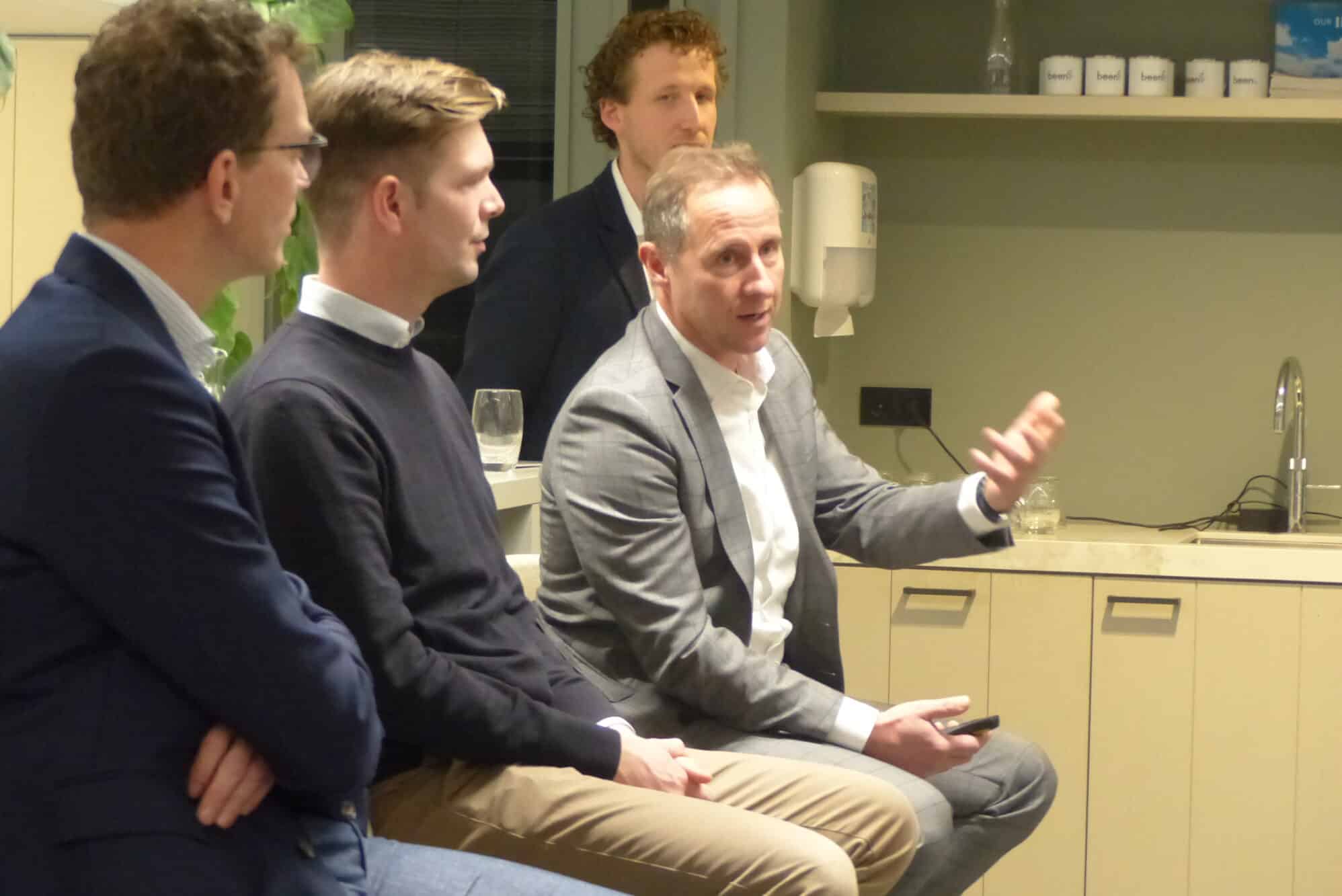While individual efforts are commendable, combining forces across businesses amplifies the impact.
Therefore, we brought 15 industry leaders together, discussing best practices for collaboration and fostering new partnerships to accelerate the journey towards a net-zero future. The agenda includes a panel discussion featuring three pioneers of innovative collaboration in the energy transition.

The overarching theme? Collaboration is not just a buzzword; it’s the foundation of progress in the energy sector. Each panelist provided a distinct viewpoint, reinforcing the notion that only through joint effort can we effectively handle the challenges of the energy transition. Interested in how we can support in this, see our case with Transdev